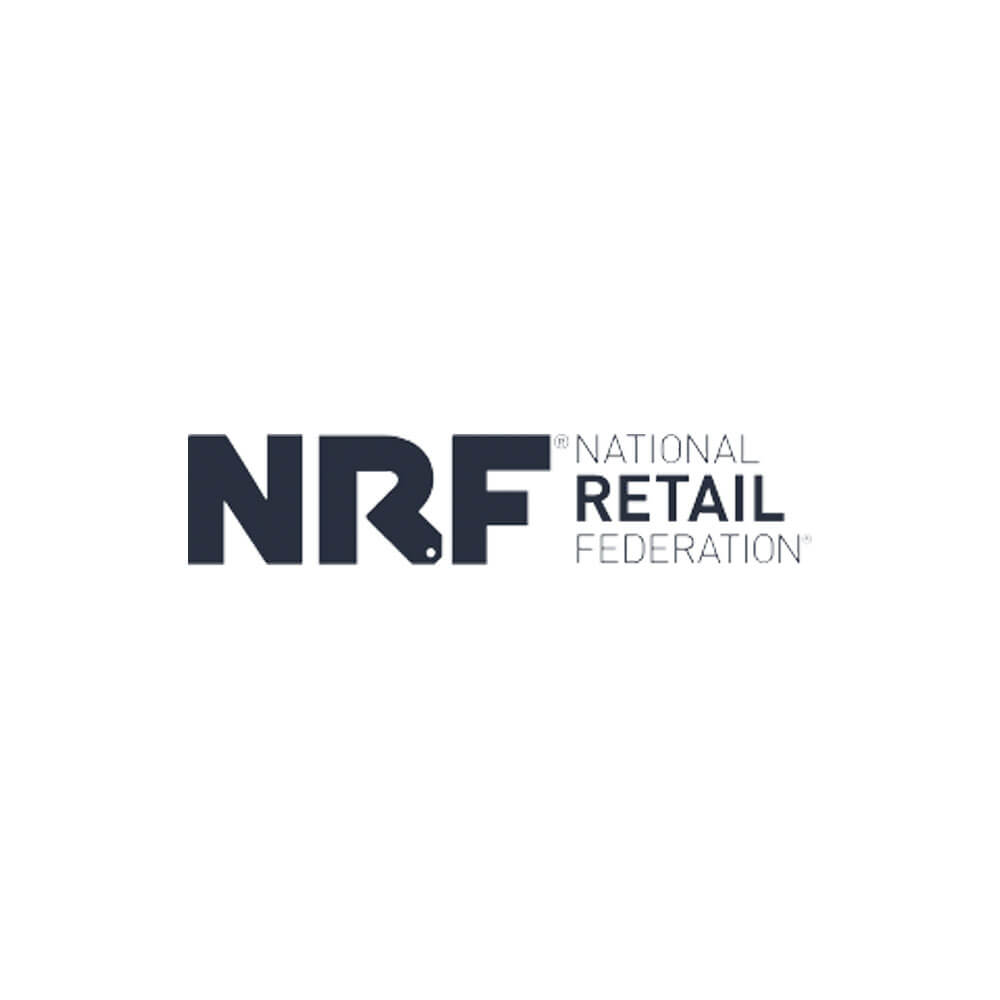According to research by DISQO shopping habits have been affected in tandem with the progression of coronavirus news and increased case reporting. To assess consumer attitudes, DISQO conducted two surveys, the first on Feb. 29 and the second on March 2 while behavioral shifts were measured over a longer period of time.
Unsurprisingly, findings showed that 38 percent of people reported they had made a situation-based purchase at the time of the first survey with cleaning supplies being the most common purchase. Notably, of the 33 percent of consumers who bought cleaning supplies in the first week, 87 percent reported they had “stocked up” when making the purchase. The trend of stocking up continued to the second week with an increase of 32 percent shopping in this category and 41 percent of people reporting they had “stocked up” on the purchase.
Purchases for protective wear, such as masks and gloves, fell between the first and second surveys. While motivations were not asked in the survey, the company notes that this could likely be attributed to a decrease in availability as well as mixed public messages of efficacy.
“The online impact of COVID-19 became quickly apparent in recent weeks,” said Carl Van Ostrand, vice president of consumer insights at DISQO. “As it relates to shopping behaviors, we are seeing a tremendous lift in certain online grocery categories. For example, soup and rice — often considered atypical for online purchases — are seeing a very high lift. This event will undoubtedly have both short and long-term effects on the e-commerce ecosystem.”
The survey also showed a significant lift in online searches for grocery items as people prepare to cook from home in March. This was another area where consumers reported they were “stocking up.” The top three searched for grocery items were French fries, rice and Gatorade.
“As we all learn to practice social distancing, it’s likewise important to practice social listening,” said Barbie Koelker, vice president of marketing in DISQO. “In better understanding how people are reacting to the COVID-19 pandemic — both with respect to how they feel and how they behave — we can better serve one another, whether through how we communicate or how we prioritize restocking our shelves.”
Read the full article in WWD.





